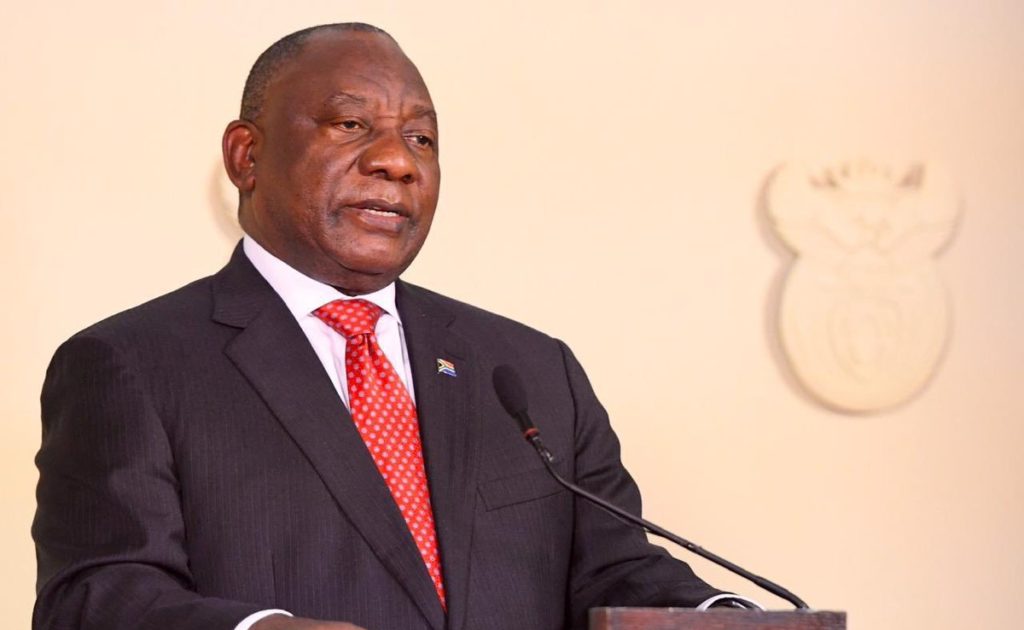President Cyril Ramaphosa is calling on the nation to reach out across the racial divide and help unify the country as Reconciliation Day approaches.
In his weekly ‘From the Desk of the President’ letter, Ramaphosa explains that residents need to find ways to reach beyond our social and professional circles, to appreciate other people’s points of view.
Ramaphosa speaks on the lengths we have come since the formal system of apartheid ended, and how far we still have to go.
“On Reconciliation Day each year, we reflect on how far we have come in advancing national reconciliation. It is important that we deal decisively with the obstacles to reconciliation, among them the high levels of inequality in our country and the persistence of racist attitudes and practices,” he wrote.
“But it is equally important to acknowledge just how vastly different our country is today to what it was 26 years ago. For every negative story of racism that makes the news, there are countless other positive stories of racial integration, communities living in harmony and social cohesion that do not generate headlines.”
Ramaphosa was impressed with popular #ImStaying Facebook page. He said it is a page dedicated to sharing the simple, everyday stories of South Africans living and working alongside each other, being friends, and helping each other.
“I was recently sent a photo that featured on the popular #ImStaying Facebook thread. Two women are seated side by side at a bus stop somewhere in Cape Town. One is white, elderly and frail, and rests her head on the shoulder of the younger black woman.
“This simple image, of these two women sitting there with their hands locked tightly, resonated deeply with me as we approach Reconciliation Day on 16 December. Such a scene, of kindness and compassion, and of two people simply being human, would have been unthinkable in South Africa just over three decades ago.”
While the divisions of race and class remain very real in South Africa, Ramaphosa writes that stories like this “show that race relations in our country are not as toxic as we are often led to believe.”
According to the 2019 National Reconciliation Barometer by the Institute for Justice and Reconciliation, the optimism of respondents regarding racial unity was the highest since the inception of the study. It also found that the majority of respondents believed race relations have improved since 1994.
“It is noteworthy that most South Africans report they would like to interact more often with people from other race groups but cite language and confidence as the two greatest barriers,” says Ramaphosa. “This is ahead of other perceived factors such as lack of common ground, anxiety, or negative prior experiences.”
He continues: “It is obvious that true reconciliation is impossible unless we overcome the social and economic inequalities that persist in our society. It is only when the playing fields of opportunity are levelled and the lives of all South Africans improve that social cohesion will be strengthened.
“But we should at the same time not discount the important gestures in our everyday interactions that demonstrate our commitment to reconciliation between the races; and breaking language barriers is perhaps among the most important of them.”
Picture: Twitter / The Presidency

